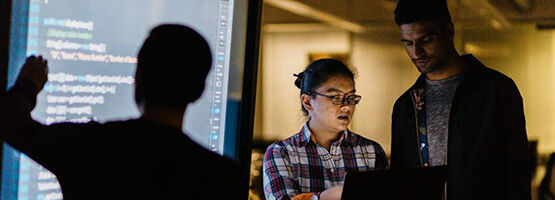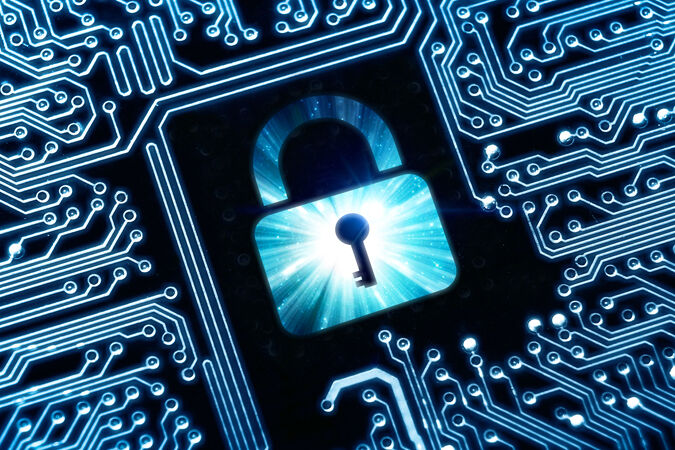
Blog Article

Our Digital Forensics lecturer Richard Hale, who has years of experience as a Senior Digital Forensics Investigator, gives us an insight into the world of Digital Forensics and explains its importance in the modern, digitalised world we live in.
Where does the term 'Digital Forensics' come from?
What we now refer to as Digital Forensics was originally called Computer Forensics simply because the mobile phone had only just been invented, GPS was still a dream and the internet was certainly not what we know it to be now and no one had heard of the Internet of Things!
How did the industry start?
In 1985, the Metropolitan Police formed a computer crime unit which is seen by many as the turning point in the use of Computer Forensics in the UK.
Fast forward to the present and the discipline stretches much further than confining itself to police forces, in fact, digital forensics can be found in most major industries.
Why is Digital Forensics important?
Have you ever thought how much data the average person produces? 1.7MB of data is created every second by every individual throughout 2020. (Source: Domo) Based on the total amount of data in the world. We are surrounded by data and thanks to our interconnected society, it will only increase.
Since the advent of the Apple iPhone in 2007 and the Android phone in 2008 the discipline of Digital Forensics has changed in more ways than we probably realise. The ability to walk around with a computer in our pockets has meant that we use our phones more than ever.
So, what does that mean when it comes to investigating one when it has been used in criminal activities? The phone can be an investigators best source of evidence thanks to our attachment to them. Have you ever noticed how your phone is so helpful and reminds you of important events, or helps you get from A to B, even seems to suggest items you have thought of buying whilst you go on your social media? Everything you do on your phone is recorded and even when you think you’ve deleted it; it can still have the potential to be recovered. Because of this, many crimes have been solved and thanks to innovations in Digital Forensics, many more will be.
How does a Digital Forensic investigation work?
In Forensics: The Real CSI, we saw how a mobile phone can provide key evidence to why a crime was perpetrated. In series 2, episode 2, we saw how the investigator looked at the web history recovered from the phone to gain valuable intelligence for the case team. The suspect had believed his wife was having an affair and had been looking for spy cameras on various websites.
In the third episode of the series, the mobile phone provided information that the suspect was planning to leave the country, the phone even contained the airline ticket the suspect would have planned to use to leave the country.
Digital forensics is often used in conjunction with traditional forensics to help investigators build a clear picture of the sequence of events that led to the crime being planned and/or committed.
How does our course prepare you for a career in Digital Forensics?
The software used by the investigator and across the Digital Forensics Industry is the same software used at by BCU to train students for future Digital Forensics careers. Our students graduate with the skills and knowledge to make them highly employable in the industry. We are very fortunate to have close links to police forces and Digital Forensics companies throughout the UK. Students get the opportunity to meet industry professionals during their studies and can even take their placement year industry. The BSc Computer Forensics team includes myself, a former Senior Digital Forensics Investigator with over a decade of industry experience. Students get a better understanding of how their skills would be used to assist in solving real cases.





